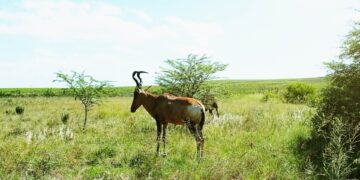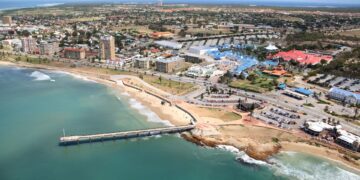There is widespread confusion among South African forex traders over their tax responsibilities to the South African Revenue Service (SARS).
While many traders choose to create accounts with foreign brokers and keep their profits hidden from SARS, some choose to open accounts with forex brokers based in or with branches in South Africa. Thus, the money invested by these traders will remain in the country.
In any event, we have put together this useful guide in order to clear up some of the confusion surrounding the tax implications of those trading Forex in South Africa.
Income tax on Forex trading
Many people who engage in Forex trading in South Africa are under the false impression that they can avoid paying taxes on any money they make in offshore accounts.
Profits made by a South African citizen or resident in an offshore trading account while the citizen or resident is physically present in South Africa are considered ordinary taxable income and must be reported in South African Rand.
It is not the source of the revenue that is relevant, but rather the location of the earner at the time the income is earned. Therefore, if you are earning profits by Forex trading in South Africa, you are required to report these earnings to SARS.
How to deduct expenses
The law allows South African forex traders to deduct any costs incurred in generating their profits from their taxable income.
Local forex traders should therefore keep track of all costs associated with their trading activity, such as staff compensation, forex trading courses, money spent on trading software, office supplies, stationery, office rental, cleaning services, computer repairs, bank fees, etc.
Additionally, traders may deduct asset wear and tear (depreciation) from their taxable income. For instance, the profits from a forex trader’s trading activities may be reduced by the depreciation of the computer’s value utilised for trading or tasks related to trading.
All costs involved in earning the revenue in question, whether through a registered firm, a small business corporation, a trust, or an individual’s personal capacity, may be subtracted from the taxable income.
Also read: SARS Travel Pass: Here’s what it means for travellers…
How to register for tax as a South African trader
The majority of South African traders often do not receive compensation from a licenced South African employer for their forex trading activities because forex trading is typically done as a business. As a result, these traders must register for provisional tax and submit two provisional tax payments each year.
To make up for any possible deficiency in the second payment, another payment—often referred to as the third or top-up payment—may be made. Estimated taxable income is used to determine provisional tax payments, which are then reported to SARS on Form IRP6. Additionally, businesses must pay provisional tax.
A flat tax rate of 28% of its taxable income is applied to any forex trading conducted by a South African company that has filed for registration in that country.
Smaller corporations have greater flexibility than larger corporations and don’t have to start paying taxes until their taxable income exceeds R75 750. They won’t pay the same rate as businesses (28%) until their taxable income exceeds R550 001, and only on that portion of their income.




































































